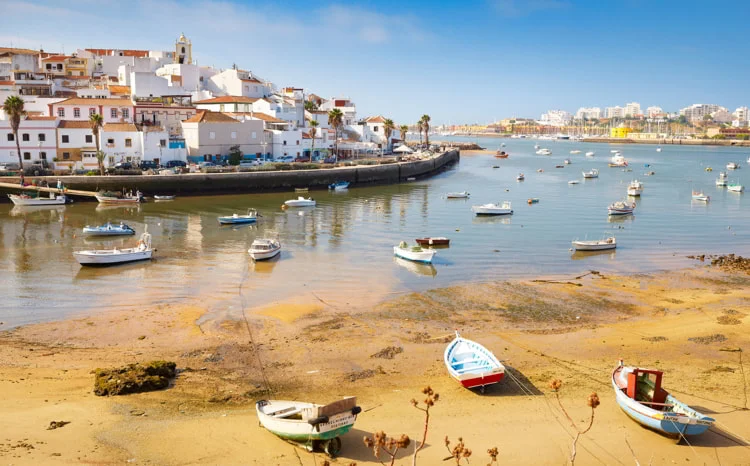
Why Moving To Portugal Should Be The Next Thing You Do
Bests, Firsts, And Other Reasons This Is My Favorite Plan B In Europe
Portugal is the oldest country in Europe, with the same defined borders since 1139.
Before that, it was part of the Umayyad Caliphate and the Roman Empire.
The country is home to the oldest bookstore chain in the world, Livraria Bertrand, which opened its doors in 1732.
Here, too, is one of the oldest universities in the world, the University of Coimbra, which began molding young minds in 1290.
Portugal is a top surf spot—one of the best in Europe—thanks to 500 miles of coastline and weather that’s said to allow for good surfing 364 days of the year.
Being not a surfer nor a fan of cold waters, I won’t be putting that superlative to the test.
Half of the New World once belonged to the Portuguese Empire, which was one of the longest-lived colonial powers, lasting for almost six centuries. The country began its colonizing in1415 and carried on until 1999, when it returned Macau to China.
Portugal was also the first colonial power to abolish slavery, in 1761… half a century before France, Spain, the U.K., or America.
Portuguese is spoken by more than 230 million people worldwide and is the official language of nine countries.
Tempura was invented by the Portuguese.
In the 16th century, Portuguese sailors introduced the Japanese to a specialty from back home—peixinhos da horta, green beans battered and deep-fried in hot oil.
The word tempura is thought to come from the Latin tempora, meaning a time of Catholic fast. During fast periods, when meat was prohibited, the Portuguese would deep-fry vegetables instead of fish or chicken. Peixinhos da horta translates as “little fish of the garden.”
The Vasco de Gama Bridge in Lisbon, over the Tagus River, is the longest in Europe, at 10.7 miles.
Portugal is the fourth-safest country in the world with the 12th best health care.
The climate and the landscape are mirrors of California.

Why Moving To Portugal Should Be On Your Plans
“We can’t believe how much this is just like home,” one couple of attendees participating in this week’s event told me over cocktails last night.
“We’re thinking we’ve found our spot. Why in the world would we stay in California with its high cost of living, high cost of real estate, and high taxes… when we can have a better life in the same setting here?!”
The living is not only affordable but healthy. The Mediterranean diet you’ll enjoy in Portugal combats heart disease, Alzheimer’s, and obesity.
So does the naturally active way of life. Unless you choose to base yourself in a rural, remote region, you could live comfortably here without a car… meaning using public transportation and your own two feet to get from point A to point B.
If you become a resident, health care is free or nearly so.
As the physician who addressed the group today put it, “Your health costs under the public system will be negligible. But even under the private system, the cost is an insignificant amount. More than a cup of coffee but maybe not a lot more for day-to-day troubles.”
You have two main paths to becoming a resident of Portugal. You can show an income of at least 1,200 euros per month… or you can invest in real estate in one of the specified zones of the country. The minimum investment amount—either 250,000 or 500,000 euros—depending on where you buy.
Lief Simon



